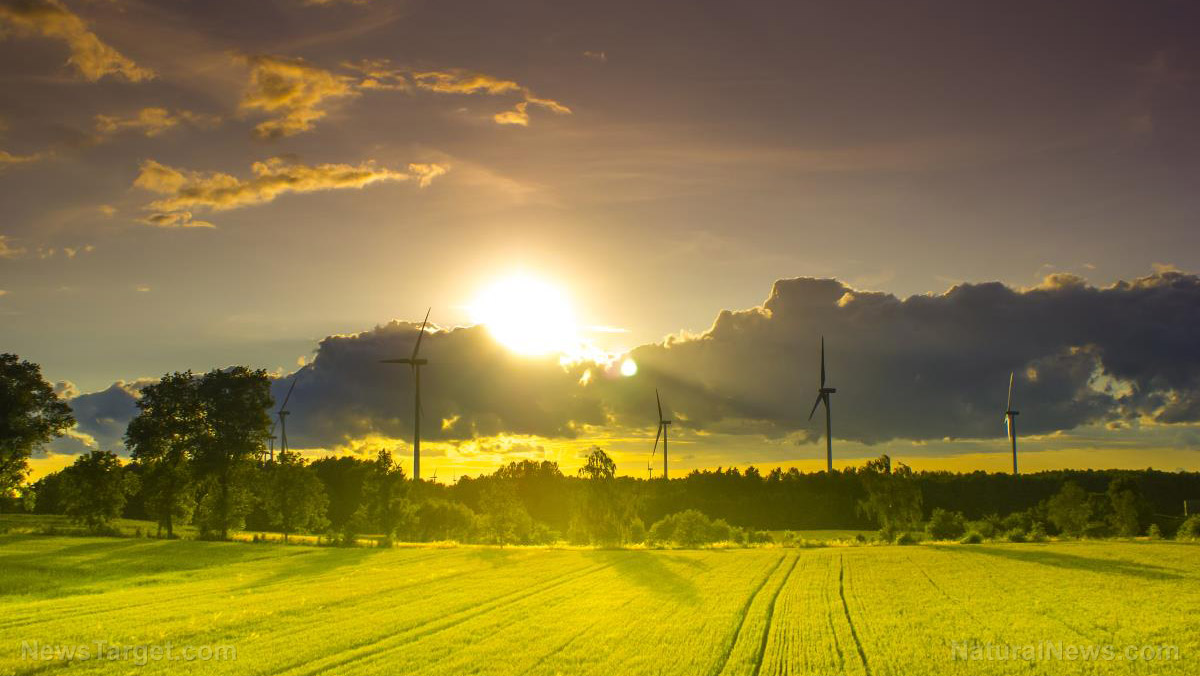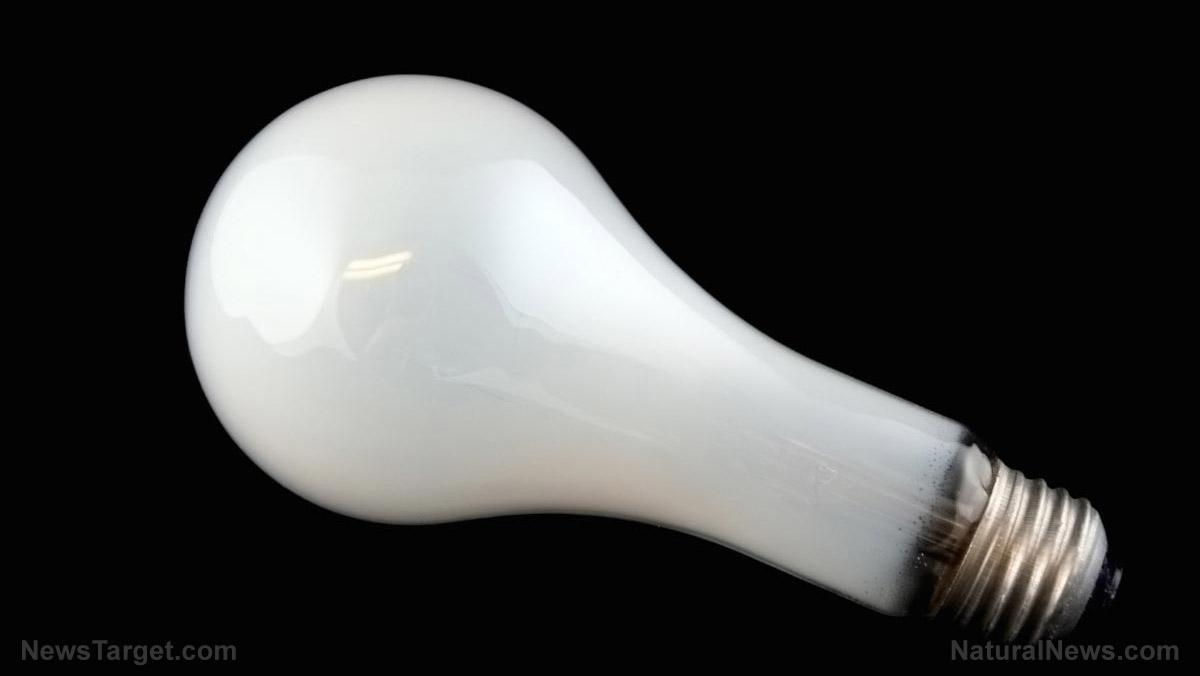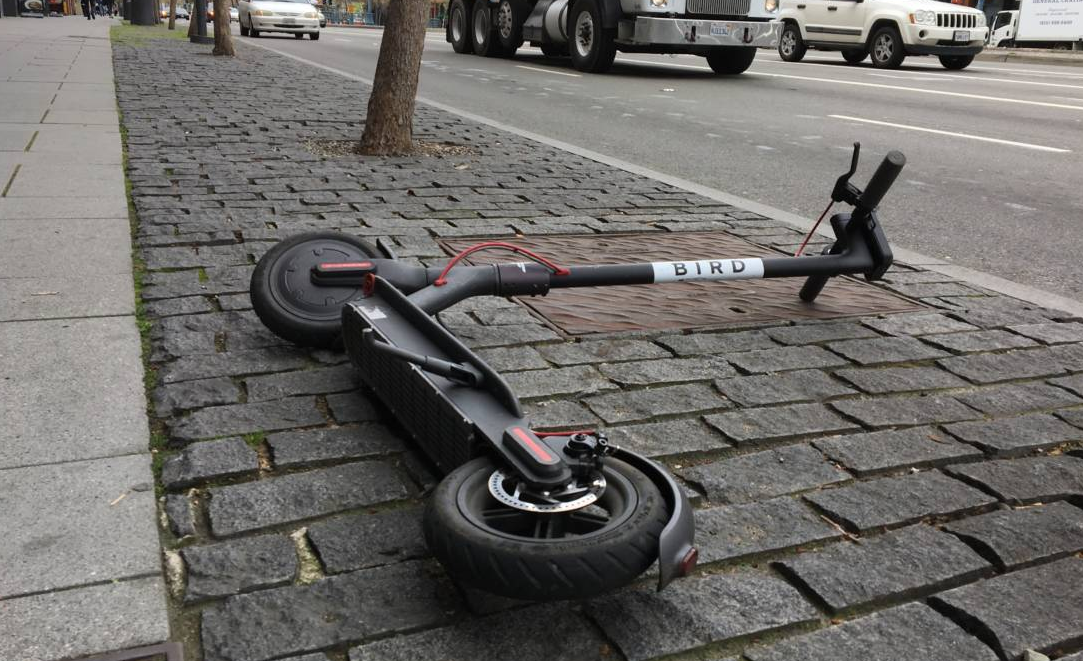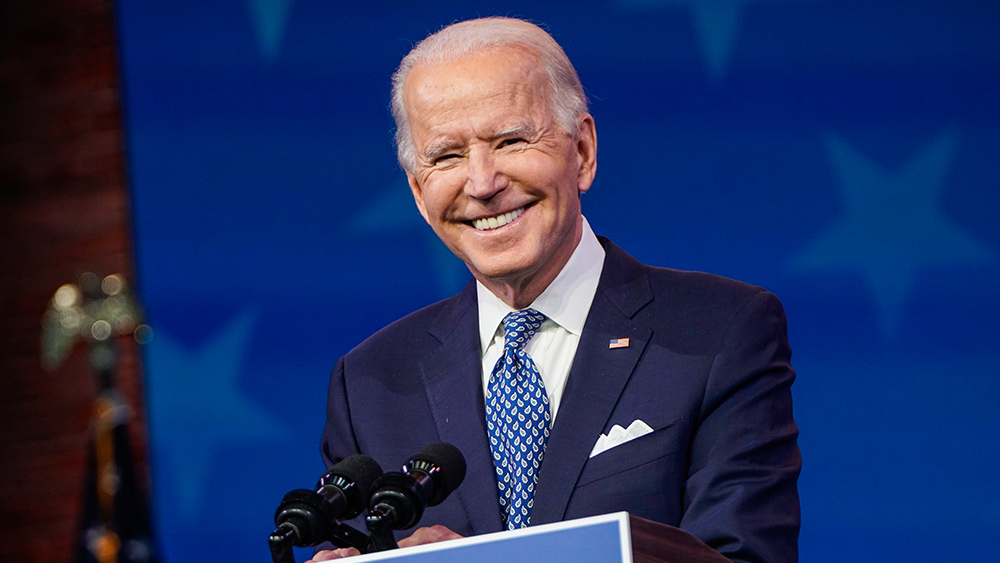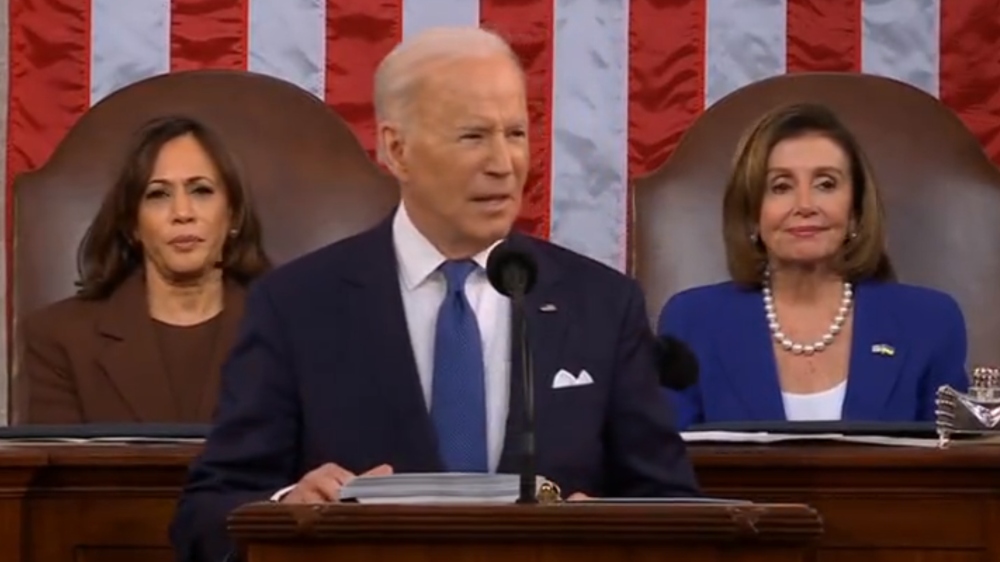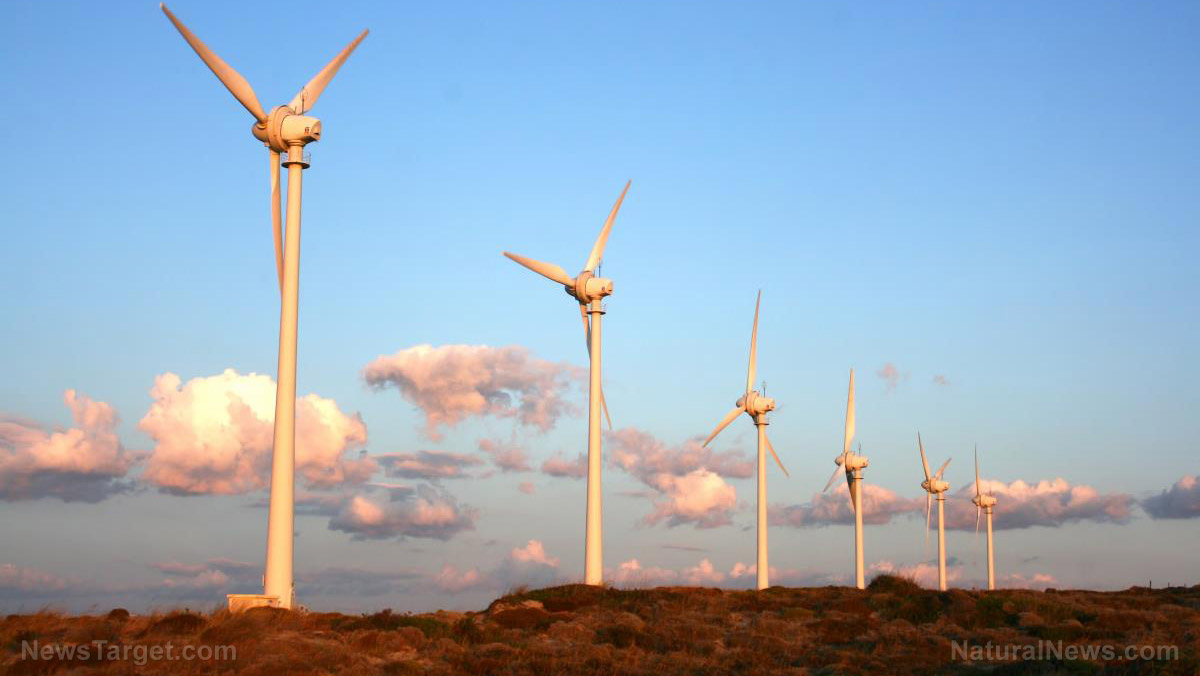To reduce grid stress, electric companies can remotely disengage electric vehicle (EV) chargers – leaving drivers STRANDED during times of peak energy use
08/04/2023 / By Ethan Huff

With electricity availability on the rapid decline due to the conversion of vehicles from gas to electric, many electricity grids are now at risk of collapsing. To mitigate this, some now have the power to switch off people’s home electric vehicle (EV) chargers whenever the system gets too overloaded.
In Australia, the Queensland Electricity Connection Manual (QECM), which provides a framework for the region’s grid operation, states in Section 8 a proposal to have EV charging equipment limited or shut off entirely by operators Ergon Energy and Energex, these being distributed network service providers or DNSPs, for connected with an output of more than 20 amps.
To put this into perspective, a standard domestic single-phase EV charger utilizes 32 amps of energy, meaning chargers with even less amps could be reduced or cut off in an instant should energy providers determine that such an action is needed to protect the grid.
(Related: By the year 2030, the entire grid will collapse due to everything being converted to electric rather than gas.)
Australia’s globalist leaders want 3.8 million EVs on the road by 2030; right now there are just 83,000
To be fair, the idea of “demand management,” as they are calling it, is unique to Queensland. It is something that is already in place for residential pool cleaning machines, hot water systems, and air conditioning units, all of which are regulated under the so-called “Peaksmart” program.
In essence, high-powered systems that use a lot of electricity are in the full control of energy providers throughout Queensland. Whenever peak demand for energy is too high, these providers will turn off people’s pool cleaners, hot water systems, air conditioning units, and soon to be their EV charging stations as well to keep the grid from collapsing.
“Peaksmart gives households a cash rebate; in return, the operator can turn off air conditioners remotely during peak operating times (summer) to reduce pressure on the energy grid,” reports explain about how the program works.
“The large-scale roll-out of such programs has been earmarked as a potential catalyst to close down coal-fired power stations faster – amid the net zero push – and to, instead, adopt more intermittent renewable energy sources like wind, solar, and battery.”
All of this suggests that grid operators have very little confidence that they can handle the uptake of EVs necessary for Australia to reach its “net zero” goals, which are also the goals of the United States and other Western nations.
“EV take-up could increase peak demand by as much as 60 percent right across the National Electricity Market,” warns Federal Nationals MP Keith Pitt, himself an electrical engineer.
“That would mean you need a 60 percent increase in generating electricity capacity, transmission, and distribution. So that’s every substation, every cable, every supply point, every house – it will cost an absolute fortune.”
Australia’s federal Labor government is aiming to have 3.8 million EVs on the road by the year 2030, this being the year associated with the globalists’ Agenda 2050 framework for their authoritarian new world order. Right now, there are just 83,000 EVs on the road in Australia.
The Aussie government also wants to massively expand the EV charging network. The goal is for 100,000 businesses to get chargers, along with 3.8 million households. They also want to make 1,800 “fast” chargers publicly available throughout the country.
“The initiative comes as part of a wider push towards net zero by 2050 and to reduce emissions by 43 percent by 2030,” reports explain. “Further, the Labor government hopes to have 82 percent of the National Electricity Market powered by renewables.”
How much longer will it be until the entire energy grid collapses? Find out more at GreenTyranny.news.
Sources for this article include:
Submit a correction >>
Tagged Under:
Biden, cars, climate, Collapse, electric, electric vehicle, electricity, energy, energy supply, EV, fuel, green, green tyranny, grid, power, power grid
This article may contain statements that reflect the opinion of the author
RECENT NEWS & ARTICLES
COPYRIGHT © 2017 GREEN LIVING NEWS


